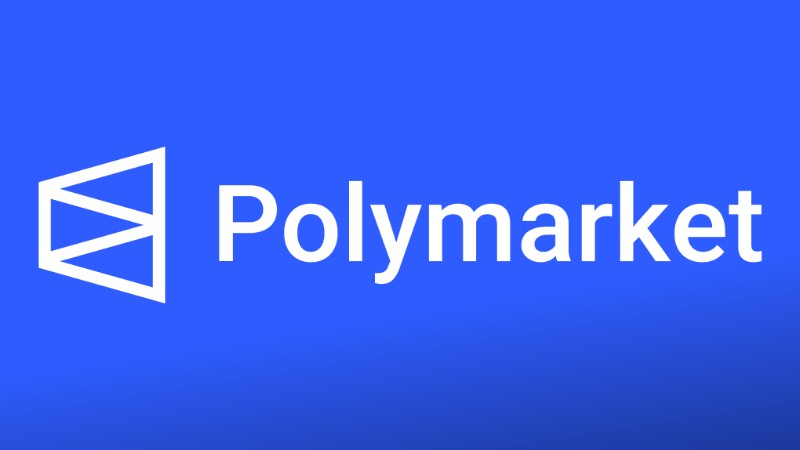
Google’s July 2023 trade mark policy update has made digital advertising more challenging for nonprofits. The new rules allow advertisers to use third-party trade marks in their ads as long as they remain transparent about their services. Whilst the policy aims to promote competition, it has created significant hurdles for charities relying on Google Ads to fundraise and maintain visibility.
Overview of policy changes
This policy shift has sparked concerns among regulators and industry experts, who argue that Google’s changes disproportionately harm smaller organisations. Nonprofits, often operating with limited resources, struggle to compete in the increasingly aggressive ad auctions. Critics also highlight the broader implications of Google’s market power, suggesting that such policies may deepen inequalities in digital advertising.
Google has stated that nonprofits can request the removal of unauthorised ads using their trade marks. However, many charities find it difficult to navigate these processes while managing the surge in competition. Regulators are now scrutinising Google’s practices, raising questions about whether the tech giant’s approach undermines fair competition.
Impact on nonprofits
As non-profits adapt to this challenging environment, they face an uphill struggle to protect their online presence and sustain donor engagement. The long-term impact of Google’s policy change may reshape the digital advertising landscape, leaving non-profits to bear the brunt of rising costs and diluted visibility.
Non-profits like Samaritan’s Purse and St Jude Children’s Research Hospital have reported a surge in competition from smaller search engines such as Info.com and Ask Media Group. These entities bid on keywords related to the non-profits’ names, sometimes using misleading headings that divert potential donors to unrelated sites.
As a result, charities are forced to increase their ad budgets to retain visibility, with some spending up to double their usual amounts. Many non-profits in the UK are indeed utilising Google Ad Grants to help offset advertising costs, which provide up to £8,000 per month in free advertising credits. However, some organisations find it necessary to supplement this with additional fundraising efforts to expand their reach beyond what the grant allows.
The updated trade mark policy by Google has inadvertently placed non-profits at a disadvantage in the digital advertising landscape. Non-profits are now compelled to adapt quickly to these changes or risk losing critical funding sources.

